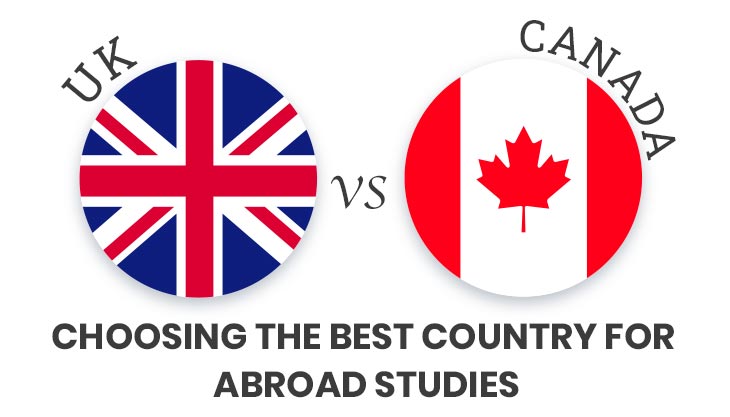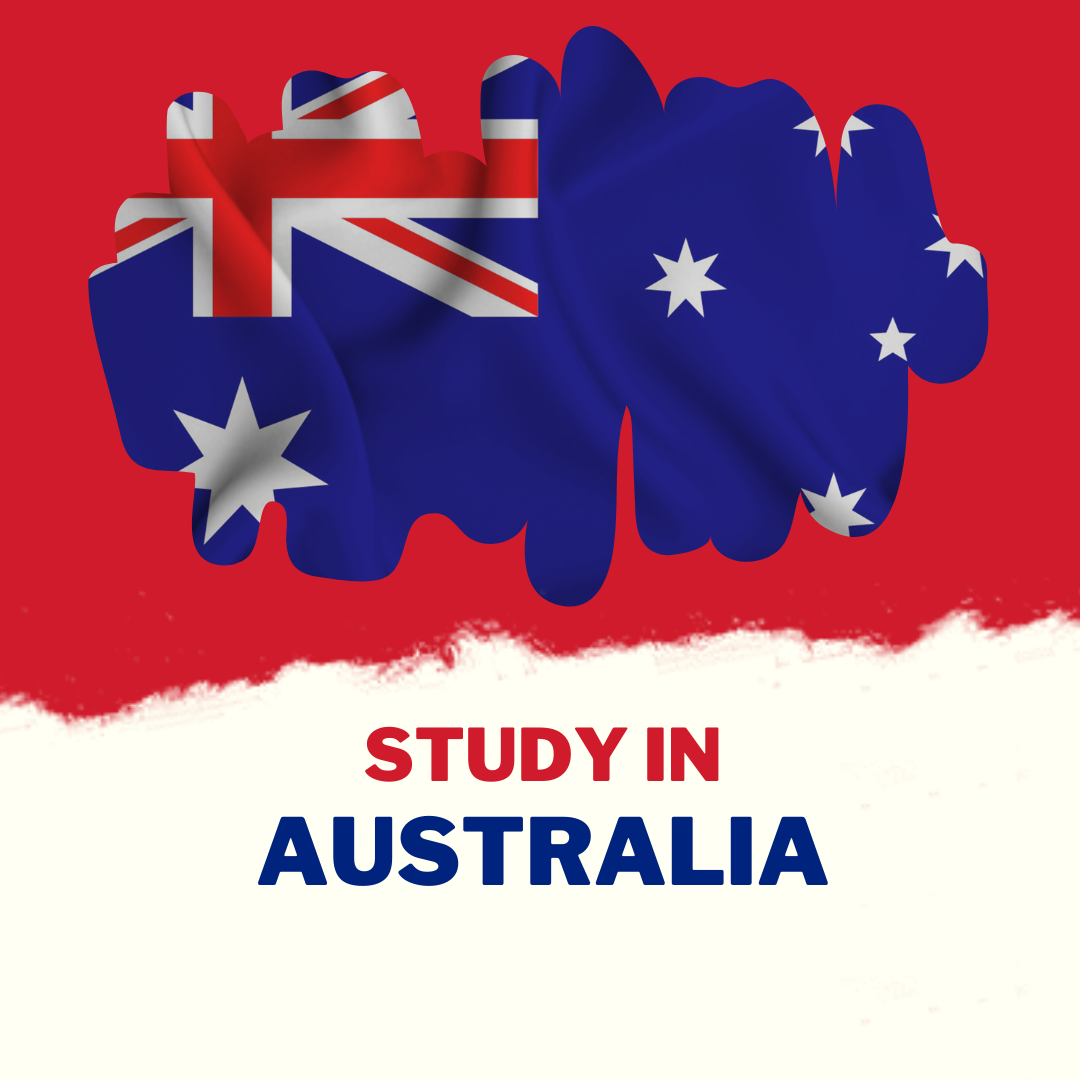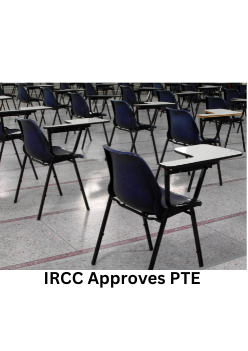For Indian students, the UK and Canada have always been favorites as Study Abroad destinations. Each has a long tradition of providing top-notch education, and have individually achieved top ranks across the board!
To ensure that you do not miss out any vital piece of information the Hurray Overseas Education Consultants have compiled some important information. In this blog post, we will break down and compare the two countries, based on some of the main concerns students will consider when choosing a Study Abroad destination. In having all the information in one place, you will be equipped to make the decision that works best for you! (ielts coaching center)
Top universities
Both countries are home to universities which rank among the world’s top 50-150.
UK: The UK is home to some of the oldest and most prestigious universities in the world, with its university system influencing several the world over. Some of its top universities for international students include University College London, ranked 8th worldwide, the University of Edinburgh, ranked 20th, the University of Manchester, ranked 27th, King’s College London, ranked 33rd, and the University of Warwick, ranked 62nd.
Canada: Canada is home to several excellent universities as well. Its top 5 include the University of Toronto, ranked 29th, McGill University, ranked 35th, University of British Columbia, ranked 51st, University of Montreal, ranked 137th, and McMaster University, ranked 147th.
To learn more about each of these universities, check out our blog posts: Top 5 Universities for International Students: the UK and Top 5 Universities for International Students: Canada (ielts classes near me).
Top subjects
The following are the most popular subjects for which international students seek to Study Abroad in the UK and Canada. Some of these subjects will overlap, owing to their general popularity the world over (ielts consultants).
UK: The subjects that are in greatest demand among international students include Business (i.e. MBA), Natural Sciences (particularly Biological sciences), Engineering, Medicine (particularly dentistry, pharmacy and nursing), and the Social Sciences (particularly Psychology).
Canada: The subjects that are in greatest demand among international students include Business (i.e. MBA), Computer Science and Information Technology, Engineering (including Engineering management), Physical and Earth Sciences (with an emphasis on renewable energy), and Forestry and Agricultural Sciences.
Admissions
Universities in both the UK and in Canada have competitive entry, and the minimum requirements are high.
UK: Indian 3-year Bachelor’s degrees (i.e. BA, BSc, BCom) are accepted by most UK universities. It must be the equivalent of either a UK First Class i.e. with an overall percentage of 75%, or of a UK 2:1 i.e. with an overall percentage of 65%, with the required score depending on the programme. In certain cases, the equivalency of the Indian Bachelors might depend on which is the awarding institution.
Canada: Indian 3-year Bachelor’s Degrees are usually not accepted by Canadian universities – a postgraduate diploma/Master’s degree is often required in addition to a Bachelor’s, to qualify for Master’s programmes. However, graduate diploma programmes, as well as certain Master’s programmes, may consider the Indian 3-year Bachelor’s, on a case-by-case basis. Most universities/programmes stipulate a minimum required GPA, which usually begins at 3.0 on a 4.0-point scale.
Both the UK and Canada require international candidates to submit proof of English language proficiency. The preferred test by both countries is IELTS, with the minimum average score usually set at 6.5, with individual band scores of at least 6.0 (ielts consultancy near me).
Cost of Study
UK: UK tuition fees are generally considered to be among the world’s highest for overseas education. The tuition for a Master’s programme falls within a broad range from 18000-35000 GBP, varying as per factors such as the subject of the study or the university. At the current rate of conversion, this would amount to about 17,00,000-33,00,000 INR (overseas ielts).
In terms of cost of living, living in London, one of the UK’s most expensive locations, would cost about 11000-12500 GBP for one academic year (i.e. 9 months). This amounts to approximately 10-12,00,000 INR (at current rates).
Canada: Canada is known for having a generally lower rate of tuition fee than other top-ranked overseas education destinations. The tuition fee for a Master’s programme ranges from 16000-30000 CAD per annum, with most averaging at 21-22000 CAD. At the current rate of conversion, this would amount to about 11-12,00,000 INR, going up to around 16,00,000 INR.
In terms of cost of living, living in Toronto or Ontario, which are major cities compared to the UK’s London, would cost about 14-16000 CAD per annum. This amounts to approximately 7-9,00,000 INR (at current rates).
Programme duration and Semester system
UK: A Taught Masters programme is typically of 1 year’s duration.
UK universities have 2 major terms i.e. Term 1 which commences in September, and Term 2 which commences in January. Certain universities may have an addition Summer term of shorter duration, which commences in April.
Canada: A Master’s programme is typically of 1-2 years’ duration.
The semester system is similar to that in the UK, where Fall semester commences in September, and Winter semester commences in January, with certain universities having an additional Summer semester, which commences in April-May.
Credit and Grading systems
UK: In the UK, taught Masters degrees in the UK are usually worth 180 credits, split between a number of modules, which vary between 10 and 30 credits each. The grade for an individual module is based upon the weighting of, and the grades achieved in, the module’s assessments.
Masters programmes employ the following grading system.
|
Distinction |
70%+ |
|
Merit / Commendation |
60-69% |
|
Pass |
50-59% |
|
Borderline Pass / Fail |
40-49% |
Canada: The credit and grading system varies based on the state in which the university is located. The grading system involves a combination of percentage, GPA with different number scales, and letter grades (A+, A, B etc.)
Work while studying
Both countries allow international students to work during the duration of their academic programmes, subject to certain regulations and criteria.
UK: International students on a Tier 4 Student Visa are automatically permitted to work up to 20 hours a week during the term, and full-time during the holidays. The types of work permitted include work on the university campus/for a university-affiliated employer, such as a teaching/research assistantship. Other types of work, such as for a corporate sector employer are also permitted, though subject to certain criteria, depending on the programme of study.
Canada: The Canadian Student Permit must carry the stipulation that permits you to work on-campus i.e. in one of the buildings/for an employer associated with the university. In order to work, you must satisfy certain criteria, and you are permitted to work only during the tenure of your studies, not before or after. If you are required to work co-op or as an intern as per the demands of your programme, you will have to apply for an additional work permit.
Post-study work opportunities
UK: From 2012 onwards, the UK had imposed strict regulations on international students seeking to stay back in the country to look for work, with a limited allowance of 4 months’ duration, as well as a cap on the number of visas awarded. However, for students who enroll in 2020-2021 onwards, the regulations are set to be loosened considerably – with the UK government’s announcement of a new Graduate Route, allowing international students who graduate with an undergraduate degree or higher to remain in the UK for 2 years, with opportunities to stay on longer upon finding suitable employment. The new regulations are slated to increase the UK’s popularity as a Study Abroad destination.
Canada: Canada on the other hand, has long offered graduates a stay-back option. Graduates of eligible institutions/programmes can apply for the Post-Graduation Work Permit (PGWP) which permits foreign nationals to remain in the country for work, following graduation. Ultimately, education and work experience in Canada can qualify a foreign national to gain Permanent Residency (PR) status in Canada.
Bonus: world’s best cities!
As per the QS Top 10 Cities in the World for higher education for 2020, both the UK and Canada have cities that make the cut.
Canada’s Montreal has been ranked 6th in the world, with benefits such as having one of the lowest costs of living compared to major cities around the world, and a culturally and linguistically diverse population. The Francophone city is also home to Canada’s second-best university, McGill.
London, UK, however, takes the cake with 1st rank. Home to several of the UK’s best universities, it is a major global hub for business and finance and is one of the world’s top centres for art and culture. It welcomes one of the highest international student populations in the world, which crossed the 1 lakh mark in 2019.
As you have probably noted, each country has its benefits as a Study Abroad destination – the UK is home to some of the world’s best universities and is upping its game to benefit international students after graduation; while Canada has the benefit of lower overall costs of study and living, and has long provided international students with flexible post-study work opportunities.
If you’re confused – worry not! The Hurray Overseas Education Counseling team is ready to work with you, helping you to choose the country, university, programme, and so on that works best for you and your career goals. To book your one-on-one appointment with us, reach out via email:overseaseducation@hurrayeductech.com or phone: 8971357928, for more details. You will find more information about the UK in our UK Blogs Section and Canada universities in Hurray's Canada Blog Section. So go ahead and make your dream come true!











Post Comments